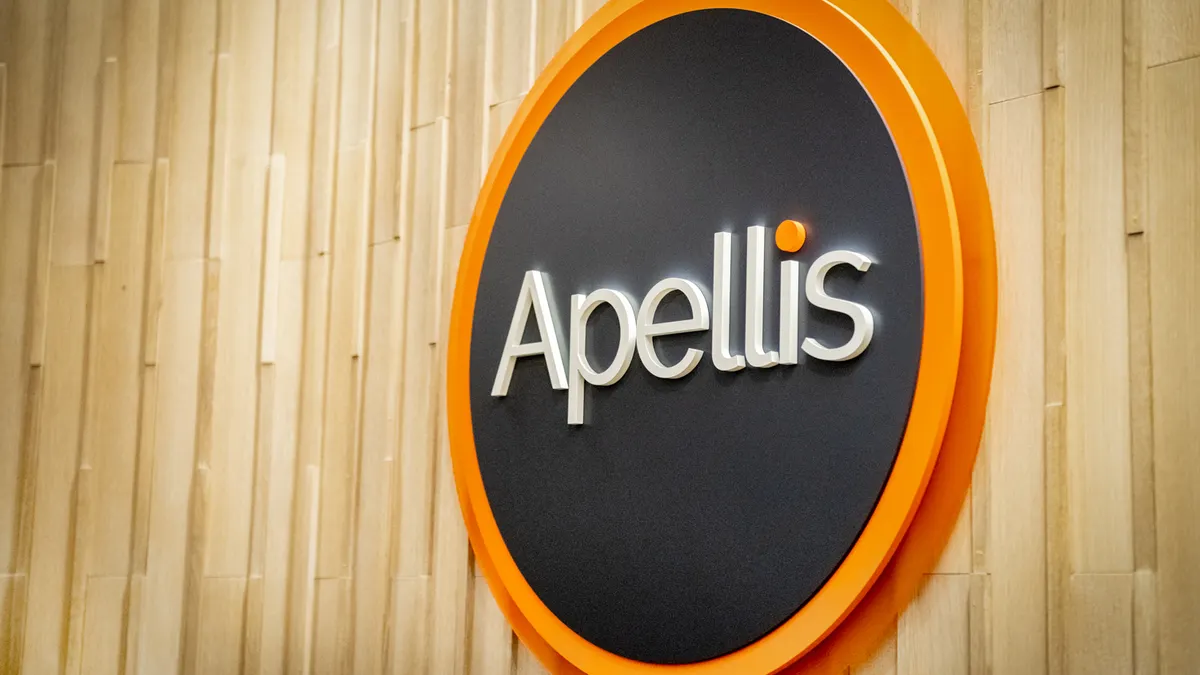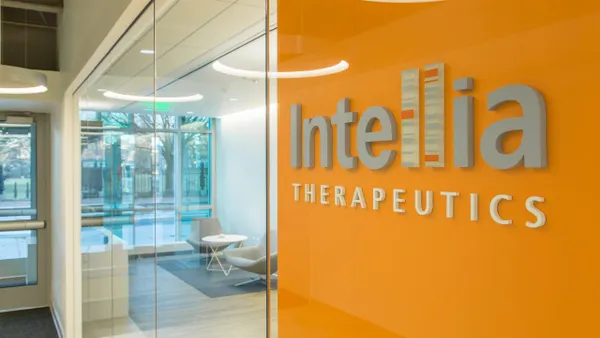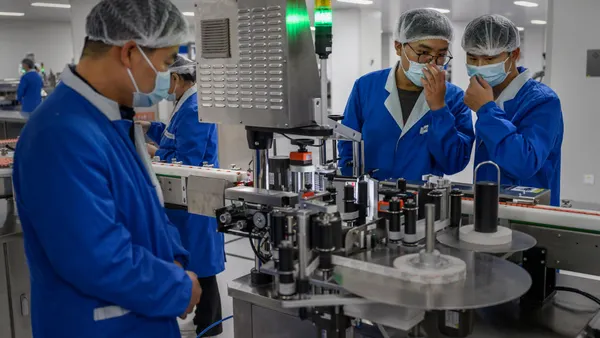Dive Brief:
- Treatment with an Apellis Pharmaceuticals drug appeared to benefit people with one of two uncommon kidney diseases, according to results from a late-stage clinical trial the biotechnology company disclosed Thursday.
- The drug, called pegcetacoplan and sold by Apellis as Empaveli for a rare blood disorder, reduced urine protein levels by 68% versus placebo in people with either C3 glomerulopathy or primary immune complex membranoproliferative glomerulonephritis. Reducing urine protein levels is considered indicative of an organ benefit.
- Based on the data, Apellis plans to submit an approval application to the Food and Drug Administration early next year, while its partner Sobi plans to do the same with European regulators sometime in 2025. Shares in Apellis rose by as much as 13% Thursday morning, before trading back.
Dive Insight:
Apellis’ business is largely built around pegcetacoplan. A so-called complement inhibitor, the drug is approved to treat the blood disorder paroxysmal nocturnal hemoglobinuria and, as an injection, the eye condition geographic atrophy. (In the latter condition pegcetacoplan is sold as Syfovre.)
For much of the past two years, investors’ attention has been on pegcetacoplan in geographic atrophy, use of which was approved by the FDA in early 2023. Sales in the U.S. started fast, but were slowed by concerns around a rare but serious side effect. In June, regulators in Europe recommended the drug be rejected, although Apellis has requested a re-examination.
Pegcetacoplan’s success in the two kidney diseases, abbreviated as C3G and IC-MPGN, could unexpectedly shift the focus to the drug’s other possible uses.
“[The] study in kidney indications was expected this [quarter] but no one would have said it was ‘highly anticipated,’” wrote analysts at Evercore ISI in a client note Thursday. “Debate has been entirely about Syfovre… but [Apellis] results this morning will have to broaden the discussion.”
Notably, though cross-trial comparisons can be difficult, the 68% reduction in proteinuria that Apellis reported for pegcetacoplan was higher than the 35% placebo-adjusted lowering Novartis shared from a study of its drug iptacopan in a similar patient population.
Apellis’ data, the Evercore analysts wrote, will likely force investors to revisit their expectations for pegcetacoplan’s market share versus iptacopan, assuming both drugs reach market. (Iptacopan is approved as Fabhalta for paroxysmal nocturnal hemoglobinuria and another kidney disease known as IgA nephropathy.)
Steven Seedhouse, an analyst with Raymond James, shared a similar view. “While prevailing assumption has been Fabhalta’s strong data and oral dosing would mostly block Empaveli out of this and maybe other kidney markets ... that assumption must be reconsidered,” he wrote in a Thursday note to clients.
Pegcetacoplan’s effect on proteinuria in Apellis’ study was consistent across disease, age and prior transplant history, the company said. Treatment led to a 66% reduction in urine protein levels versus placebo among the 96 study participants with C3G, and a 74% lowering in the 28 volunteers with IC-MPGN.
Results from two secondary study endpoints were also statistically significant, Apellis said. Rates of side effects and study discontinuation were similar between treatment and placebo groups.
Both C3G and IC-MPGN result in kidney inflammation and damage. About half of people living with the disorders experience kidney failure within five to 10 years of diagnosis, according to Apellis. Of those who do go on to receive a kidney transplant, about two-thirds have their disease subsequently return.
The diseases are thought to affect about 5,000 people in the U.S. and 8,000 in Europe, per Apellis.














